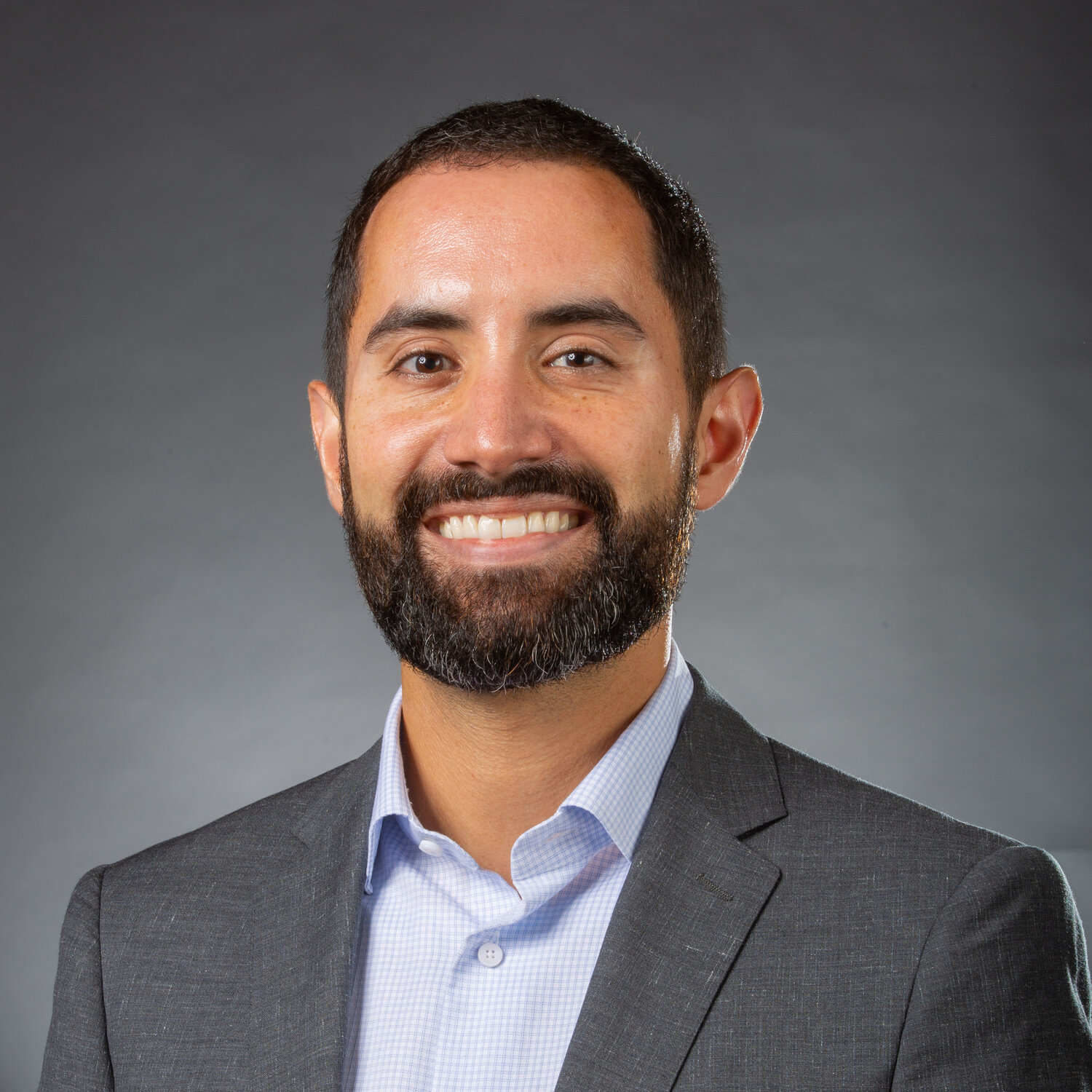
Emory political scientist Bernard Fraga will be researching and writing a book examining the link between political polarization and nonvoting.
The prestigious recognition includes a $200,000 stipend that will allow Fraga, an associate professor of political science at Emory College of Arts and Sciences, to devote significant time to researching and writing a new book in time for the 2026 election.
Tentatively titled “Why We Won’t Vote: Polarization, Non-Voting and the Future of American Democracy,” the proposed book will lay out Fraga’s research showing the link between rising polarization and the alienation that keeps potential voters from the polls. The research details a self-replicating cycle, incentivizing politicians on all levels to ignore the wishes of non-voters and cater to voter anger at political opponents.
The Carnegie Corporation established its fellows program in 2015 to provide philanthropic support to extraordinary scholars and writers for high-caliber research in the humanities and social sciences. In 2023, the program announced that it would focus on political polarization in the United States, committing up to $6 million annually for at least the next three years.
“Dr. Fraga’s research reminds us that a healthy democracy depends on engaged citizens. I’m delighted to see the Carnegie Foundation support this rigorous and cutting-edge research on political polarization,” says Emory College Dean Barbara Krauthamer.
Selected from more than 360 applications, Fraga’s Carnegie Fellow project will build on his first book, “The Turnout Gap,” which identified and discussed why racial and ethnic disparities in voter turnout persist.
The new book will combine more than a decade’s worth of individual voter turnout records, detailed in Census data, and information from new political science surveys to create a more accurate picture of who has not voted in recent American elections. The research will include chronic nonvoters who skip all elections and those who vote only in presidential years.
For instance, 80 million potential voters did not cast ballots in the 2020 election. Half of eligible 18- to 29-year-olds did not turn out, along with nearly half of Latinos, the nation’s largest racial/ethnic minority group.
Fraga will also include undergraduate research from the Mellon Foundation-funded Imagining Democracy Lab he runs with Emory historian Carol Anderson, the Charles Howard Candler Professor of African American Studies.
Students in the lab conduct qualitative research, interviewing voters and nonvoters alike, to determine what they want to see from their elected officials — and what they are not getting.
Fraga expects some of those stories will illustrate the trends the data reveals.
“Folks who aren’t voting oftentimes have surprisingly moderate viewpoints relative to voters from the same demographic categories,” Fraga says. “Young people who don’t vote, for instance, oftentimes understand politics pretty well and have nuanced views on a number of issues. But they feel like neither party is advancing policies they favor or really listening to their concerns.”
Pairing the data with narratives from non-voters will help Fraga go further into the research and discuss specific tactics and techniques that candidates and campaigns can take to move beyond the current polarized environment.
To get a better picture of what Americans want to see from the democratic process, Fraga has been working with undergraduate, graduate and post-doctoral researchers to gather and analyze ongoing voter file and survey data.
He will continue that work with the 2024 election, creating a tight turnaround for the book to be published in time for the midterm election.
“Emory has created an environment where I can work with fantastic students who care deeply about enhancing our democracy, not just nationally but in Georgia and Atlanta,” he says. “I’m grateful Carnegie is supporting those efforts by providing time to take that research to the next level.”
